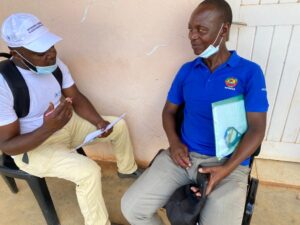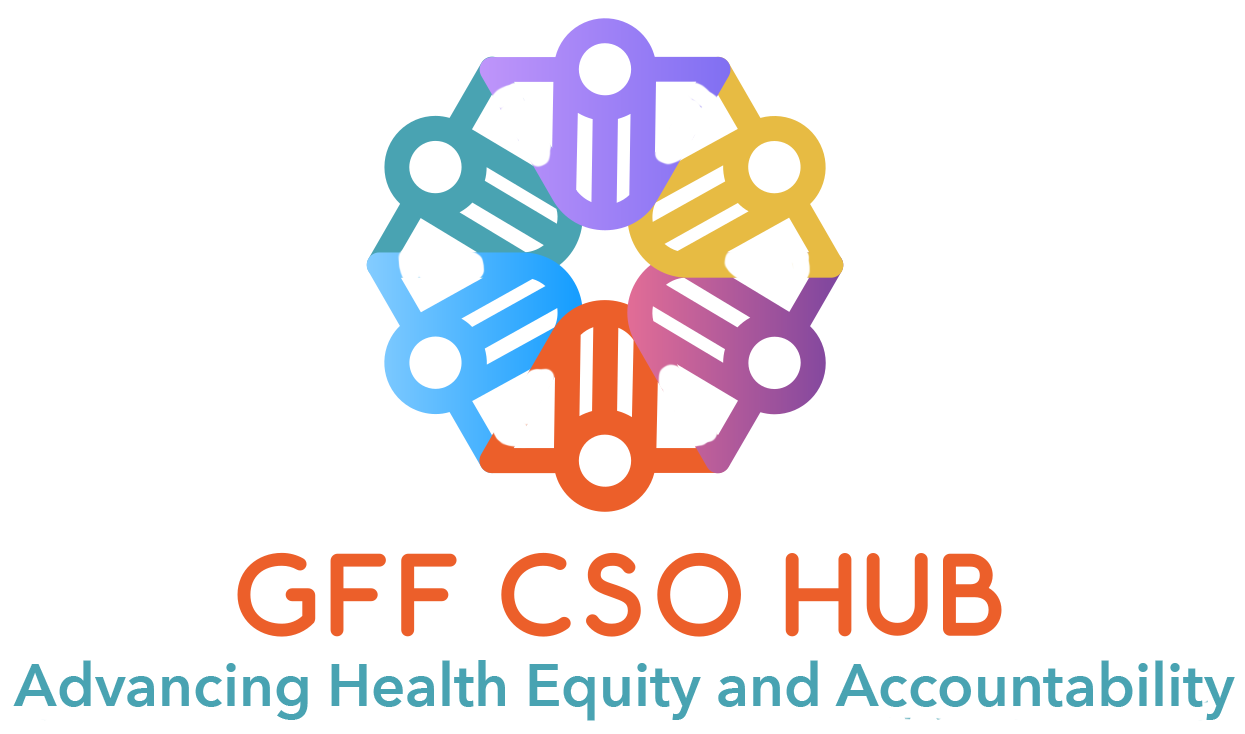
In Mozambique, Associação Observatório do Cidadão para Transparência e Boa Governação no Sector Saúde (OCTBGSS) is working with civil society networks to shape the development of the country’s new investment case, with a focus on ensuring adequate funding and appropriate policies for adolescent sexual and reproductive health (ASRH). OCTBGSS collected and analyzed data from the period of the previous investment case (2017-2022) to inform the creation of concrete budgetary and policy recommendations to strengthen the next investment case and ensure it prioritizes ASRH. This data was collected by a network of CSOs (Civil Society Organization) in different provinces that received training from OCTBGSS to underpin their strategic advocacy with subnational governments. OCTBGSS synthesized this subnational data and elevated it into a national dataset. OCTBGSS then equipped government leaders in public health institutions with policy briefs helping them lead effective internal advocacy to improve budgeting and management of the health sector.
Early in 2023, OCTBGSS conducted an analysis of the effectiveness of the implementation of the previous GFF investment case to help identify progress and gaps in Mozambique’s previous GFF investment case (2018 to 2022) Their analysis identified some alarming trends: during the previous five years (2018 to 2022) the average allocation for health in the national budget was only 8.5 percent, despite the government’s two-decades-old commitment to reach 15 percent. Although HIV expenditure increased almost threefold from 2019 to 2020, from USD 64.3 million to $173.4 million, the new expenditure was cut in half by 2022- even though more than one in ten Mozambicans are living with HIV.
OCTBGSS used data from the analysis to push for improvements in the allocation of funding for sexual and reproductive health and to develop policy recommendations to improve access and quality of health services, including advocating for comprehensive sex education for young people to help reduce long-term costs associated with unwanted pregnancies and the treatment of new cases of HIV/AIDS. Using the findings of its analysis, OCTBGSS produced policy briefs for officials at public health institutions to advocate for greater investment in the health sector, expansion of health services, and improvements in programming.
OCTBGSS has also prioritized strengthening government and CSO engagement by working with the Mozambican Civil Society Platform for Health (PLASOC-M) and the Alliance for Health to review gaps and set priorities for the development new GFF Investment Case in 2023. In addition to training civil society partners in budget tracking and collecting data on indicators of health, OCTBGSS also hosted a workshop with CSOs to define how civil society could most effectively shape and drive progress for the implementation of the new investment case. Through this work, the project increased civil society’s capacity to engage in every phase of the investment case process and provided them with the tools to sustainably monitor and evaluate its implementation across districts and provinces moving forward.

 Back to Resource Hub
Back to Resource Hub